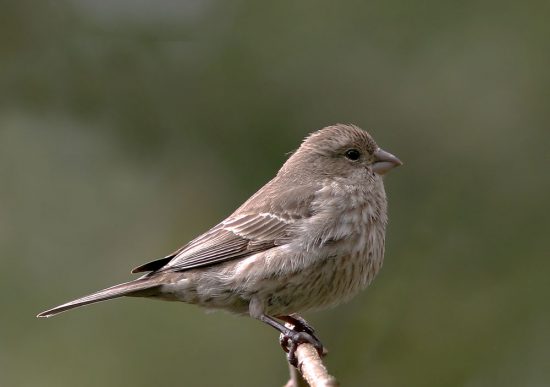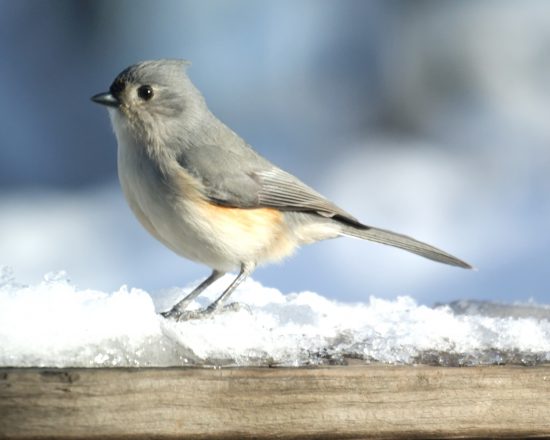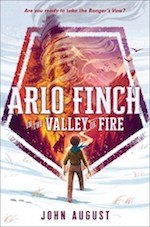John and Craig introduce Launch, John’s new podcast about making a book. Over the course of six episodes, the series tracks the process of writing and shipping a novel, from idea to printing.
The first two episodes are available today, with new episodes coming each Tuesday.
Not to worry — Scriptnotes isn’t going anywhere. We’ll have new episodes on Tuesdays as well.
Subscribe to Launch today: [http://wondery.fm/launch](http://wondery.fm/launch)
Links:
* Subscribe to Launch at [http://wondery.fm/launch](http://wondery.fm/launch) or wherever you listen to podcasts.
* You can preorder Arlo Finch in the Valley of Fire and read an excerpt [here](http://read.macmillan.com/mcpg/arlo-finch/).
* [The Scriptnotes Listeners’ Guide!](johnaugust.com/guide)
* [The USB drives!](https://store.johnaugust.com/collections/frontpage/products/scriptnotes-300-episode-usb-flash-drive)
* [John August](https://twitter.com/johnaugust) on Twitter
* [Craig Mazin](https://twitter.com/clmazin) on Twitter
* [John on Instagram](https://www.instagram.com/johnaugust/?hl=en)
* [Find past episodes](http://scriptnotes.net/)
* [Outro](http://johnaugust.com/2013/scriptnotes-the-outros) by Andy Roninson ([send us yours!](http://johnaugust.com/2014/outros-needed))
Email us at ask@johnaugust.com
You can download the episode [here](http://traffic.libsyn.com/scriptnotes/scriptnotes_ep_335.mp3).
**UPDATE 1-29-18:** The transcript of this episode can be found [here](http://johnaugust.com/2018/scriptnotes-ep-335-introducing-launch-transcript).


